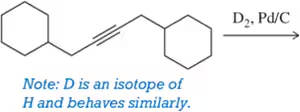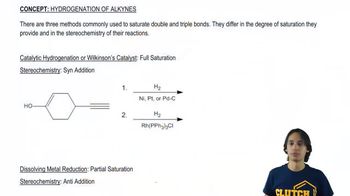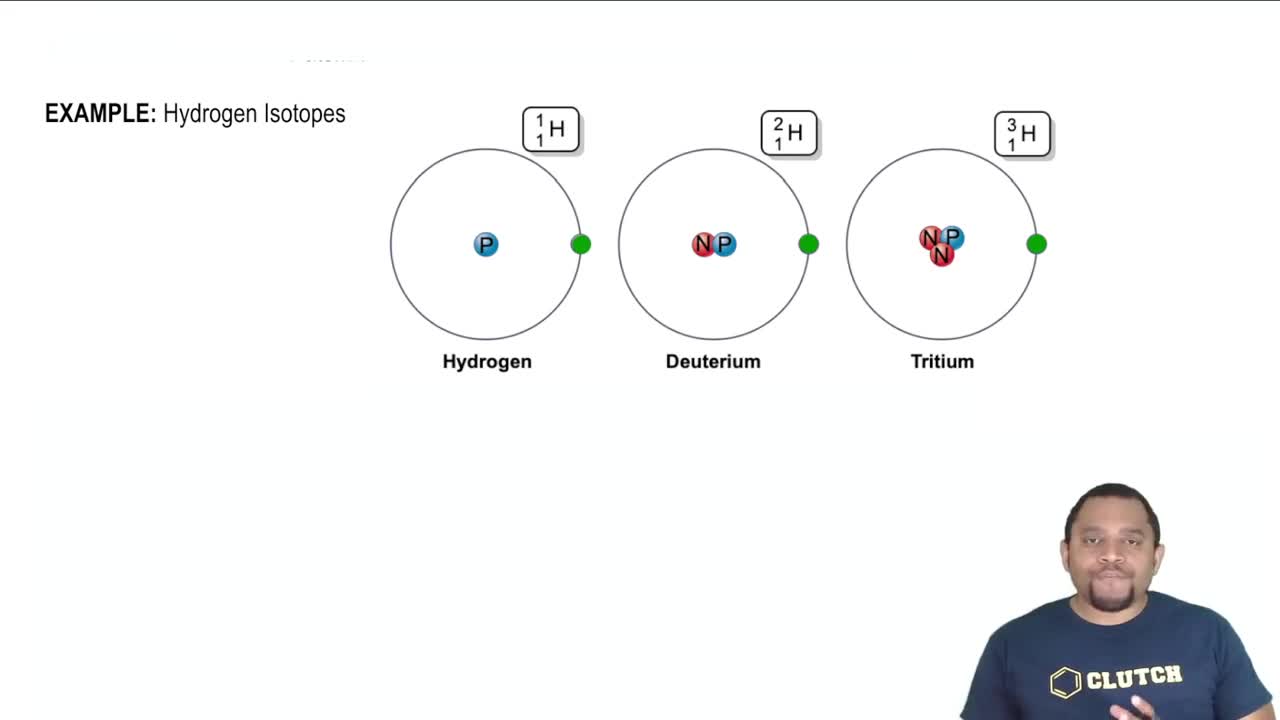Predict the product of the following hydrogenation reactions run with a poisoned catalyst.
(b)

 Verified step by step guidance
Verified step by step guidance Verified video answer for a similar problem:
Verified video answer for a similar problem:



 0:48m
0:48mMaster The definition of hydrogenation. with a bite sized video explanation from Johnny
Start learning